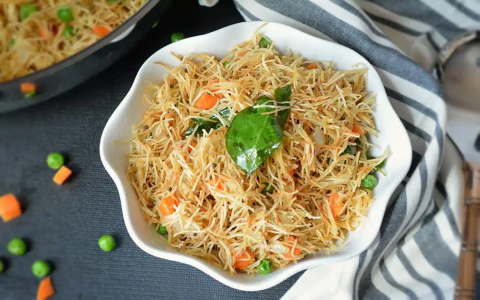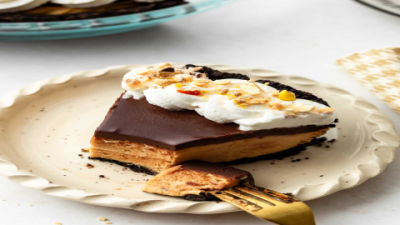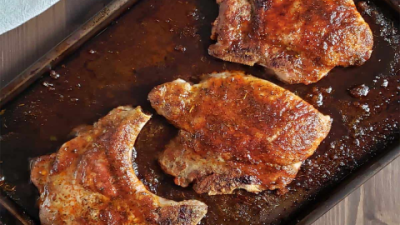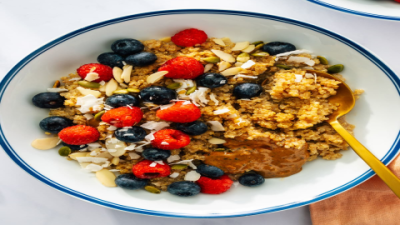So, Can You Eat Vermicelli While Trying to Lose Weight? Let’s Chat.
Alright, let’s get real for a second. If you’re like me, sometimes you just crave noodles. But then there’s that nagging voice in your head going, “Wait, aren’t noodles bad for weight loss?” And here comes vermicelli—those thin, delicate noodles that pop up in everything from stir-fries to summer rolls. Can you eat them and still see the scale go down? I’ve wondered this myself, especially after a late-night bowl of Vietnamese noodle soup. Let’s dig in and see what’s up with vermicelli and weight loss.
First, What Exactly Is Vermicelli?
Vermicelli is one of those foods that seems simple but is actually kind of mysterious. Sometimes it’s made from rice, sometimes from wheat, sometimes even mung beans. I’ve even seen a version made with sweet potato starch at a Korean BBQ place. It’s super thin—like, almost see-through if you hold it up to the light. And it cooks fast, which is a lifesaver when you’re hungry and don’t want to wait. But, as with all “simple” foods, there’s more to the story, especially if you’re watching your waistline.
Nutritional Stuff (Don’t Worry, I’ll Keep It Short)
| Nutrient | Amount (per 100g cooked) | Notes |
|---|---|---|
| Calories | ~150- kcal | Not crazy high, but it adds up |
| Carbs | 40-82g | That’s a lot, honestly |
| Protein | 0.1-8g | Varies wildly by type |
| Fat | 0.1-1.3g | Barely any |
| Fiber | 1-4g | Could be better |
| Glycemic Index | ~ (low) | Better than white bread! |
Okay, so vermicelli isn’t exactly a protein powerhouse. It’s mostly carbs, not a ton of fiber unless you get the fancy whole grain kind, and it’s pretty low in fat. The calories aren’t outrageous, but if you’re like me and sometimes your “portion” is half the pot, it can sneak up on you. Just saying.
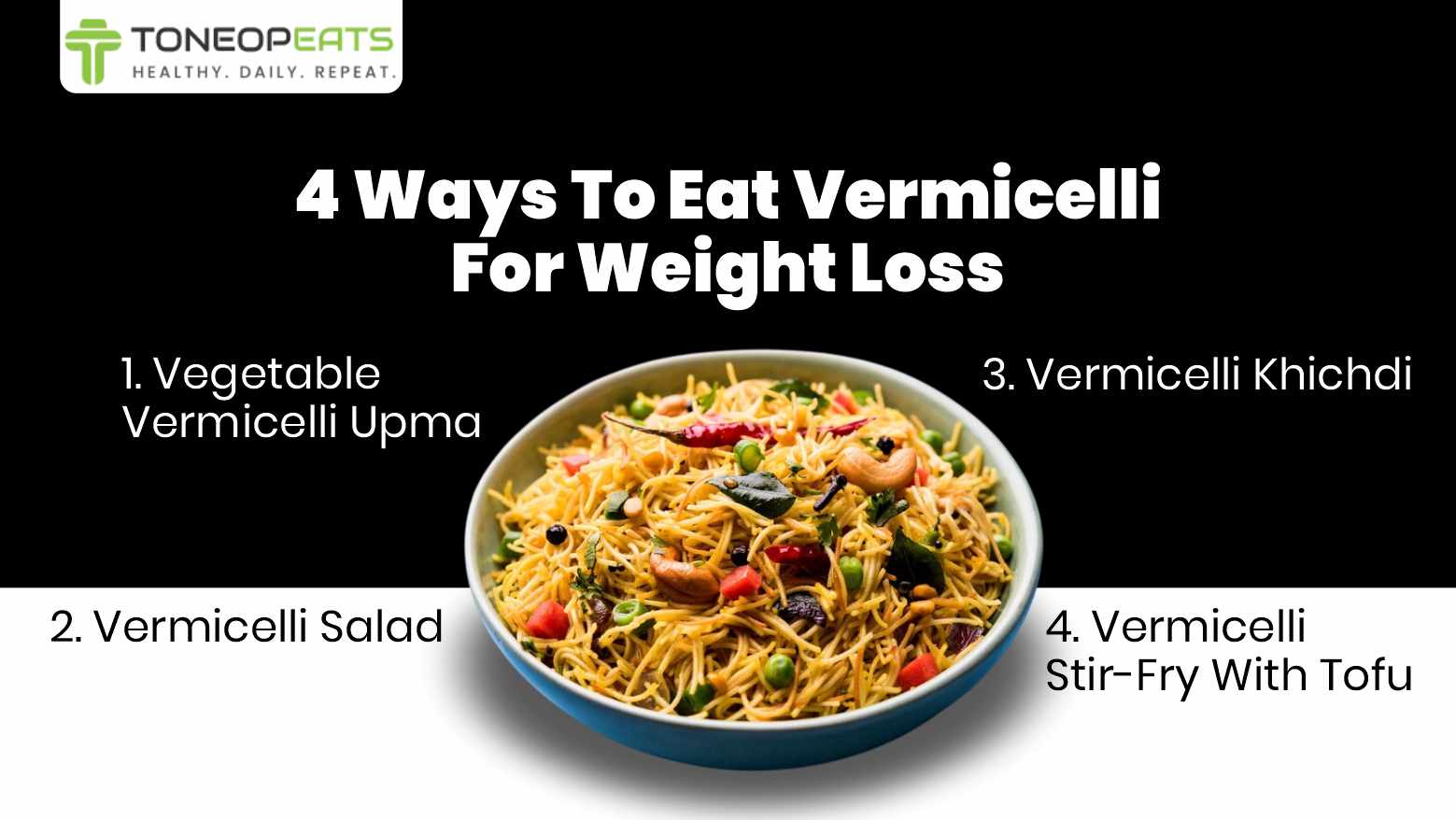
How Does Vermicelli Fit Into Weight Loss?
Here’s where things get interesting. I used to think all noodles were the enemy, but it turns out, vermicelli isn’t automatically a diet-buster. The trick is in how you eat it. Portion control matters—a lot. I learned this the hard way after “accidentally” eating three bowls at a family dinner. Oops.
- Low in fat – so it won’t blow your fat macros.
- High in carbs – which can be good or bad depending on your day.
- Doesn’t keep you full for long unless you add veggies or protein.
- Won’t spike your blood sugar as much as some other noodles (yay for low GI!).
- Not super nutrient-dense on its own. Gotta jazz it up with other stuff.
Bottom line: You can eat vermicelli and lose weight, but don’t expect it to do all the heavy lifting. It’s not magic. (If only, right?)
Making Vermicelli Work for You (Because, Yes, You Deserve Noodles)
Here’s what’s worked for me and some friends who are also noodle-lovers:
- Go for whole grain or brown rice vermicelli if you can find it. More fiber = more full.
- Watch your portions. Seriously. I use a measuring cup now. It feels silly, but it works.
- Add protein. Chicken, tofu, shrimp, whatever. Makes a huge difference.
- Load up on veggies. Broccoli, carrots, peppers—anything crunchy and colorful.
- Easy on the oil and sauces. It’s so easy to drown noodles in sauce. I try to use herbs and a squeeze of lime instead.
- Drink water with your meal. Sometimes I’m just thirsty, not hungry.
Here’s a meal I make a lot: a bowl of whole wheat vermicelli (about a cup cooked), grilled chicken, a mountain of steamed veggies, and a splash of soy sauce with fresh cilantro. It’s filling, it’s tasty, and it doesn’t leave me in a food coma.
But Wait—Any Downsides?
Of course. Nothing’s perfect. Here’s what can trip you up:
- Refined vermicelli has almost no fiber. You’ll be hungry again in an hour.
- It’s easy to eat too much. I mean, who actually eats just one serving?
- It doesn’t have a lot of vitamins or minerals. You need to add other foods to round things out.
- Some dishes (looking at you, fried vermicelli) are loaded with oil. Not great for the calorie count.
Quick FAQ (Because Everyone Asks These)
Is vermicelli better than rice or regular pasta for weight loss?
Meh, not really “better,” just different. Whole grain versions are a bit more filling, but portion control is what matters most.
Can I eat vermicelli every day?
You could, but I wouldn’t. Variety is the spice of life (and diets). Mix it up so you don’t get bored or miss out on nutrients.
Will vermicelli make me gain weight?
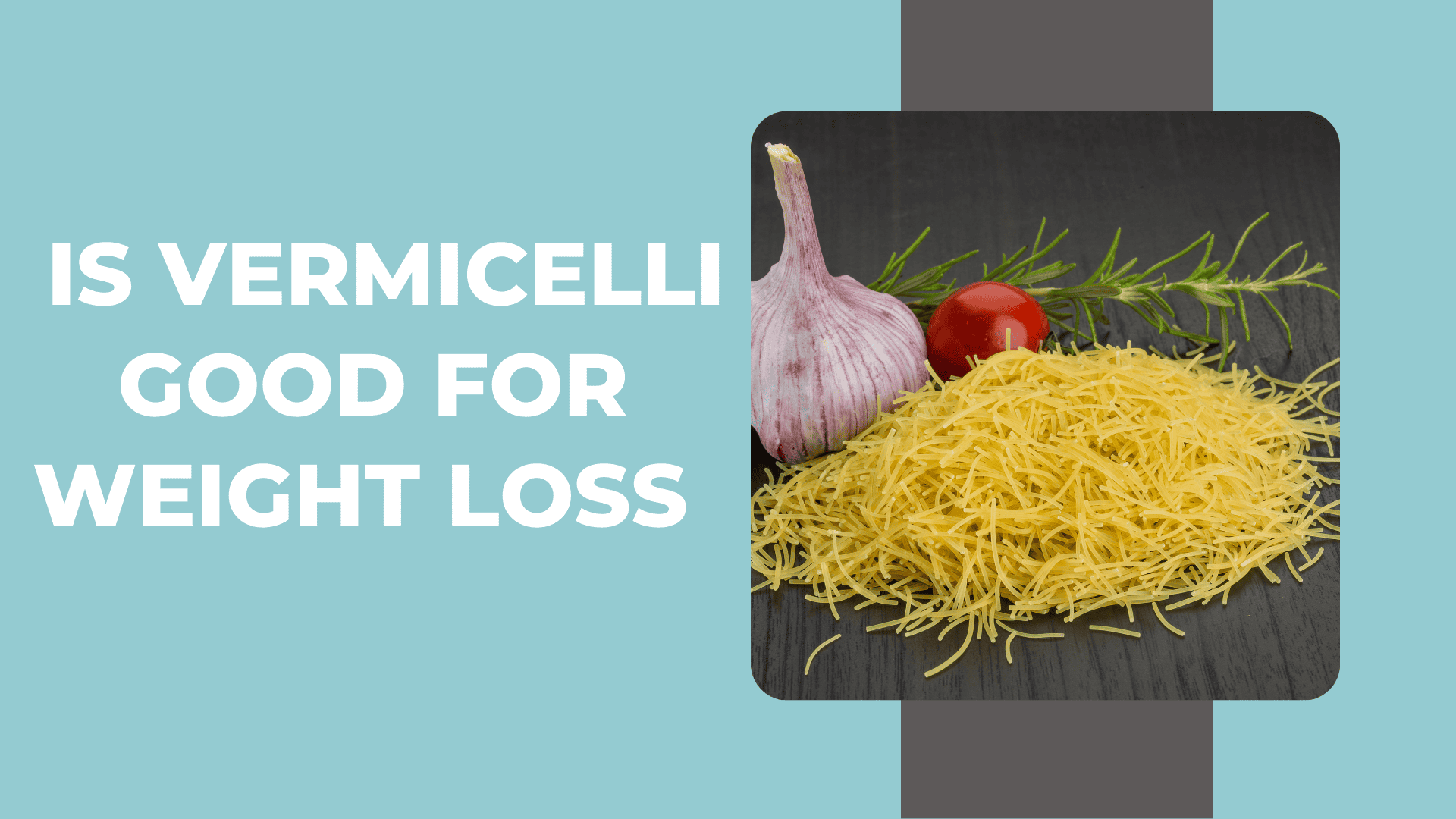
Only if you eat way more calories than you burn. Vermicelli isn’t magic, but it’s not evil either.
What’s the healthiest kind?
Whole wheat, brown rice, or mung bean vermicelli. They’re a bit harder to find, but worth it for the extra fiber and nutrients.
How do I make vermicelli more filling?
Add protein and veggies. Seriously, don’t skip this. Otherwise, you’ll be raiding the fridge an hour later.
Let’s Compare: Vermicelli vs. Other Noodles
| Noodle Type | Calories (per 100g cooked) | Carbs (g) | Protein (g) | Fiber (g) | Glycemic Index | Weight Loss Friendliness |
|---|---|---|---|---|---|---|
| Wheat Vermicelli | 150-220 | 40-50 | 6-8 | 1-2 | (low) | Moderate |
| Rice Vermicelli | 190 | 42 | 3.2 | 1.8 | Moderate | Moderate |
| Whole Wheat Pasta | 130-150 | 30-40 | 7-9 | 3-5 | Low | Good |
| Regular Pasta | 200-220 | 40-45 | 7 | 2 | Moderate | Moderate |
Final Thoughts—Noodles Aren’t the Enemy
Honestly, I used to feel guilty every time I ate noodles, but now I don’t. Vermicelli can fit into a weight loss plan if you’re smart about it. Watch your portions, add some protein and veggies, and don’t forget to actually enjoy your food. Life’s too short to eat sad, boring meals all the time. If you love vermicelli, you don’t have to give it up—just eat it in a way that works for you and your goals. Happy eating!
